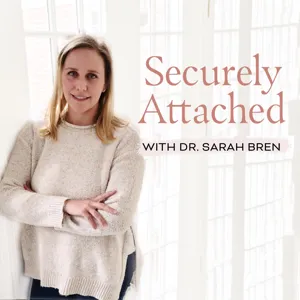184. Breaking the silence: A mother's personal story of surviving postpartum psychosis

Trigger Warning: This episode involves topics related to postpartum psychosis, suicide, and infanticide.
In this eye-opening conversation, one mother is sharing her raw and unfiltered story of navigating a postpartum psychosis diagnosis, shedding light on this often misunderstood and stigmatized perinatal mood and anxiety disorder.
After the birth of her second son, Chelsea battled with intense challenges with postpartum depression, which eventually snowballed into postpartum psychosis.
As we delve into Chelsea's story, we aim to foster a space of empathy, understanding, and support. I hope her openness invites you to connect with the human side of maternal mental health struggles, acknowledging that each tale contributes to the larger call to action for early intervention and better support for women in healthcare.
RESOURCES FOR PERINATAL MOOD AND ANXIETY DISORDERS (PMADs) SUPPORT:
Postpartum Support International
The Motherhood Center in New York
If you or someone you know is thinking about suicide, call or text the Suicide Crisis Helpline at 988 in the US and Canada.
SECURELY ATTACHED PODCAST EPISODES ABOUT PMADs:
A breakdown of perinatal mood and anxiety disorders
How PMADs can affect new fathers
Shining a light on postpartum psychosis with Paige Bellenbaum
Addressing the crushing weight of parenthood with Dr. Christine Sterling
ADVOCATING FOR CHANGES TO MATERNAL MENTAL HEALTHCARE: